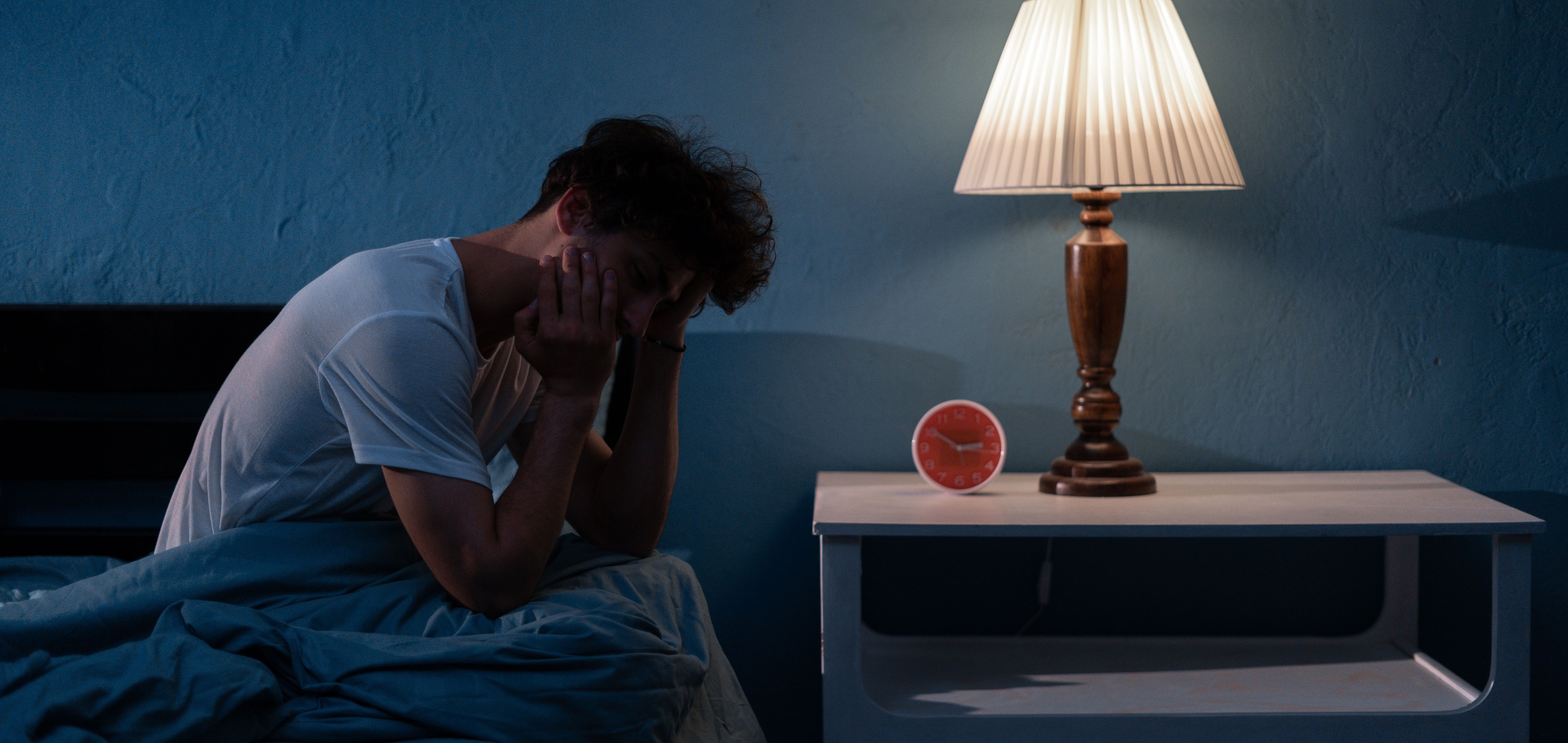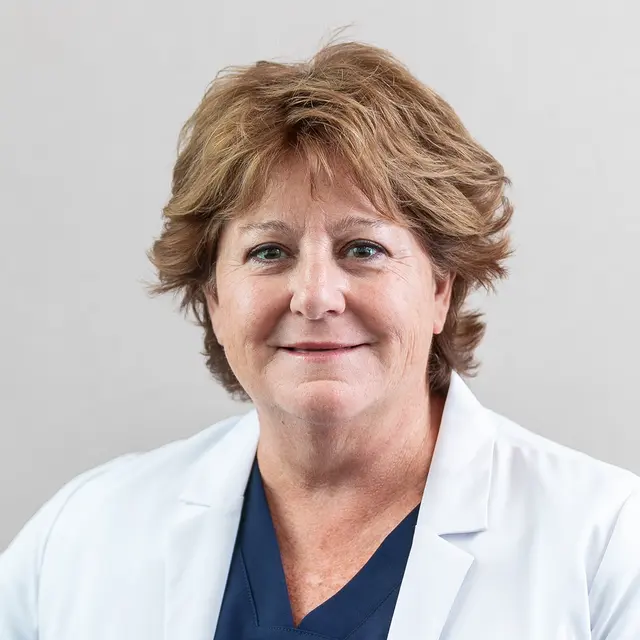Sleep is a critical component of overall health. Poor sleep quality has been linked to issues such as weakened immune function, increased stress levels, impaired cognitive function, and even a higher risk of chronic diseases like heart disease and diabetes. Before reaching for an over-the-counter sleep aid, it is a good idea to examine your sleep hygiene routine. As Harbor Health’s Clinical Pharmacy Program Director, I often work with clients to review their medications. So many people I see take medicine to help them sleep, but many of those drugs may actually disrupt the sleep cycle. I prefer to help people establish a healthy sleep hygiene routine without sleep aids when possible.
Most over-the-counter sleep aids contain an antihistamine like diphenhydramine or doxylamine. Research indicates these antihistamines may impact sleep quality by reducing the duration of rapid eye movement (REM) sleep. During REM sleep, our brains process and consolidate new information, ensuring better mental concentration and mood regulation. Reduced REM sleep may impact the brain’s cellular repair and your overall cognitive work performance.
These sleep aids containing antihistamines can be particularly risky for older adults. As we age, our metabolism slows down which increases the length of time medication stays in our bodies. Older adults who take sleep aids to fall asleep may still feel groggy the next morning, increasing their risk for falls. Research has also shown long-term use of many sleep aids has been linked to dementia and Alzheimer’s disease.
Establish Your Personal Sleep Hygiene Routine
With the right sleep hygiene habits in place, you can ensure that your body and brain get the rest and recovery they need, and you may not need to take sleep aid medication. Here are 9 tips:
- Keep Your Sleep Schedule Consistent
- Go to bed and wake up at the same time every day. This helps regulate your body's internal clock (circadian rhythm).
- Establish a Pre-Bedtime Routine
- Develop a relaxing bedtime ritual, such as reading, meditation, or taking a warm bath. These activities signal to your body that it’s time to wind down, making it easier to transition to sleep.
- Keep Your Room Dark and Cool
- Darkness signals the body to produce melatonin, a hormone that helps regulate sleep, while a cooler room temperature (65-69 degrees) is ideal for restful sleep.
- Limit Exposure to Screens Before Bed
- Blue light from phones, tablets, and computers can disrupt melatonin production and keep your brain alert. Try to avoid screens for at least an hour before going to sleep or use a blue light filter if necessary.
- Avoid Large Meals, Caffeine, and Alcohol Close to Bedtime
- These foods and drinks can interfere with your ability to fall asleep or stay asleep throughout the night.
- Exercise Regularly
- Exercise can help you fall asleep faster and stay asleep. Try to finish workouts several hours before bedtime so you will not feel wired and find it hard to relax.
- Manage Stress and Anxiety
- Chronic stress can lead to insomnia and other sleep disorders. Consider incorporating relaxation techniques, such as mindfulness meditation, deep breathing exercises, or yoga, to calm your nervous system before bedtime. There are phone apps that offer relaxing bedtime meditations or music.
- Limit Naps During the Day
- While short naps can be refreshing, long naps or naps taken late in the afternoon may make it harder to fall asleep at night.
- Start Your Day by Exposing Yourself to the Sun Within One Hour of Waking Up
- Morning sunlight sets your circadian rhythm. It triggers your natural hormone melatonin to optimize your sleep-wake cycle. Sunlight hitting your eyes sends a signal to your brain to stop making melatonin. As a result, your circadian rhythm causes melatonin to kick in about 14 hours later. ** When to Seek Help for Sleep Problems**
If you’ve implemented sleep hygiene practices and are still experiencing consistent sleep problems, it may be time to talk to a healthcare professional. Chronic sleep disorders like insomnia or sleep apnea often require medical treatment. One of our Harbor Health clinicians or a sleep specialist can offer tailored advice or therapies to help you improve your sleep quality.
Make an appointment to see a health clinician at one of our 11 clinics throughout Central Texas and start your journey to co-create your health.

